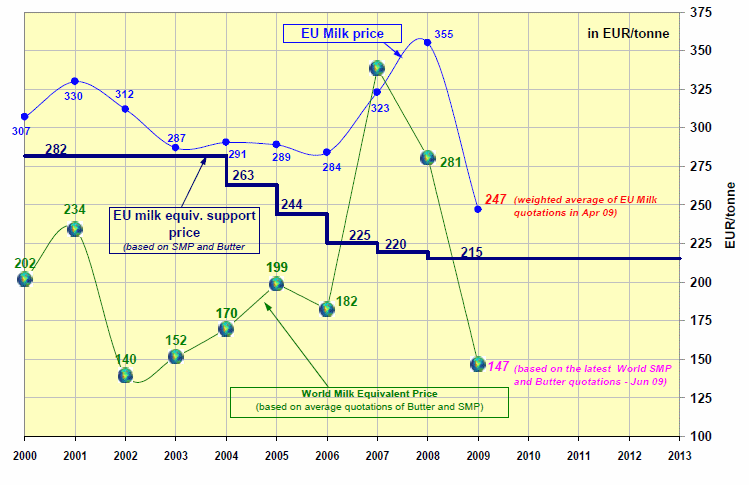A widely-accepted justification for subsidising agriculture is that we need to prevent the emergence of the industrialised, mono-cultural agriculture which is the inevitable result of an efficiency-based, cost-oriented farming model by protecting the diversified, environmentally-friendly small farmer in order to maintain the positive environmental benefits of European agriculture. This is part of the philosophy of agrarianism which underpins much discussion of agricultural policy.
Let us leave aside for the moment the fact that the bulk of existing farm subsidies go to larger farmers rather than smaller ones, so that even if the thesis above is valid, current agricultural policy does not support it.… Read the rest

 …
…